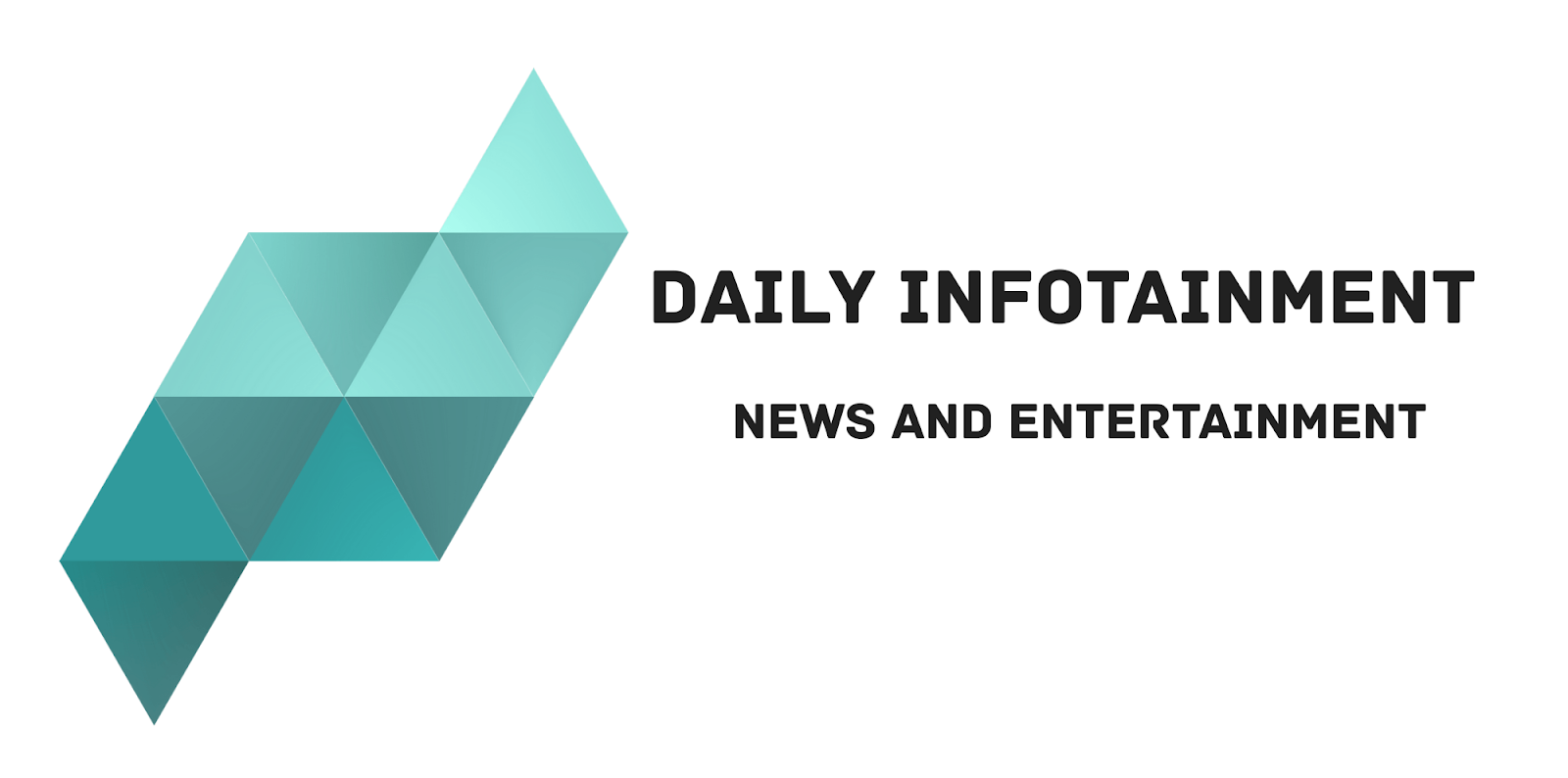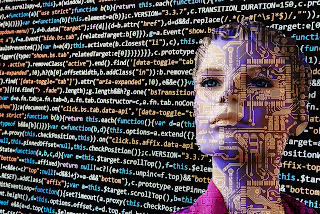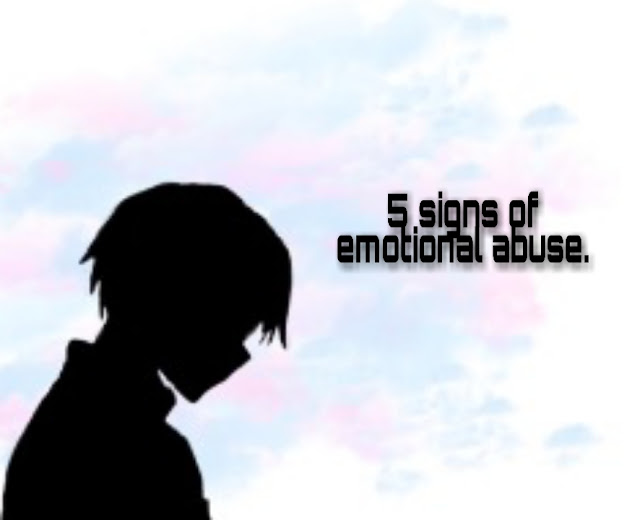AI (Artificial Intelligence), a boon or a curse?
Artificial intelligence (AI) has been a topic of great interest and debate in recent years, with many experts heralding it as a significant boon to society, while others warn of the potential dangers it poses. In this blog post, we will explore both the positive and negative aspects of AI, and consider whether it ultimately represents a blessing or a curse for humanity.
On the positive side, AI has the potential to revolutionize many industries, from healthcare to transportation to manufacturing. In healthcare, for example, AI-powered diagnostic tools can quickly and accurately identify diseases, helping doctors make better treatment decisions. In transportation, self-driving cars have the potential to reduce accidents caused by human error and make our roads safer. In manufacturing, AI-powered robots can work tirelessly, around the clock, to increase productivity and efficiency.Furthermore, AI can be used for various humanitarian purposes, like disaster management, climate change, and poverty reduction. AI-based systems can help in predicting natural disasters like floods, earthquakes, and hurricanes and assist in mitigating their impact. Also, in the fight against climate change, AI-based systems can help in monitoring the earth's environment, providing insights for sustainable living, and reducing the carbon footprint. In the case of poverty reduction, AI-based systems can be used to predict which households are most at risk, enabling targeted interventions that can help lift people out of poverty.
However, there are also significant concerns about the negative impacts of AI. One of the most significant risks is the potential for AI to take over jobs currently done by humans, leading to large-scale unemployment and income inequality. As machines and robots become more advanced, they may be able to perform tasks that were once the exclusive domain of humans, putting many people out of work. Additionally, AI could be used in malicious ways, such as hacking into systems, spreading disinformation, and committing cybercrimes.
Another concern is the potential for AI to perpetuate and amplify existing biases in society. AI algorithms are only as unbiased as the data they are trained on, and if that data is biased, the AI system will be as well. This can lead to unfair and discriminatory decisions, particularly when it comes to sensitive issues like hiring, lending, and criminal justice.
Finally, there is the fear that AI could become so powerful and advanced that it poses a threat to humanity itself. This is often referred to as the "singularity," in which machines become so intelligent that they can improve themselves, leading to a rapid and uncontrollable increase in their capabilities. Some experts believe that this could ultimately lead to a future in which machines are in control and humans are relegated to secondary status.
In conclusion, AI has the potential to bring about significant benefits for society, but it also poses significant risks. It is important that we approach the development and deployment of AI with caution, and take steps to mitigate the negative impacts it could have on society. This includes investing in research and development to ensure that AI is developed in a way that is safe, secure, and beneficial to all. Additionally, we must also ensure that AI is used in a way that is transparent, accountable, and fair. Ultimately, it is up to us as a society to ensure that AI is a boon and not a curse.





Comments
Post a Comment